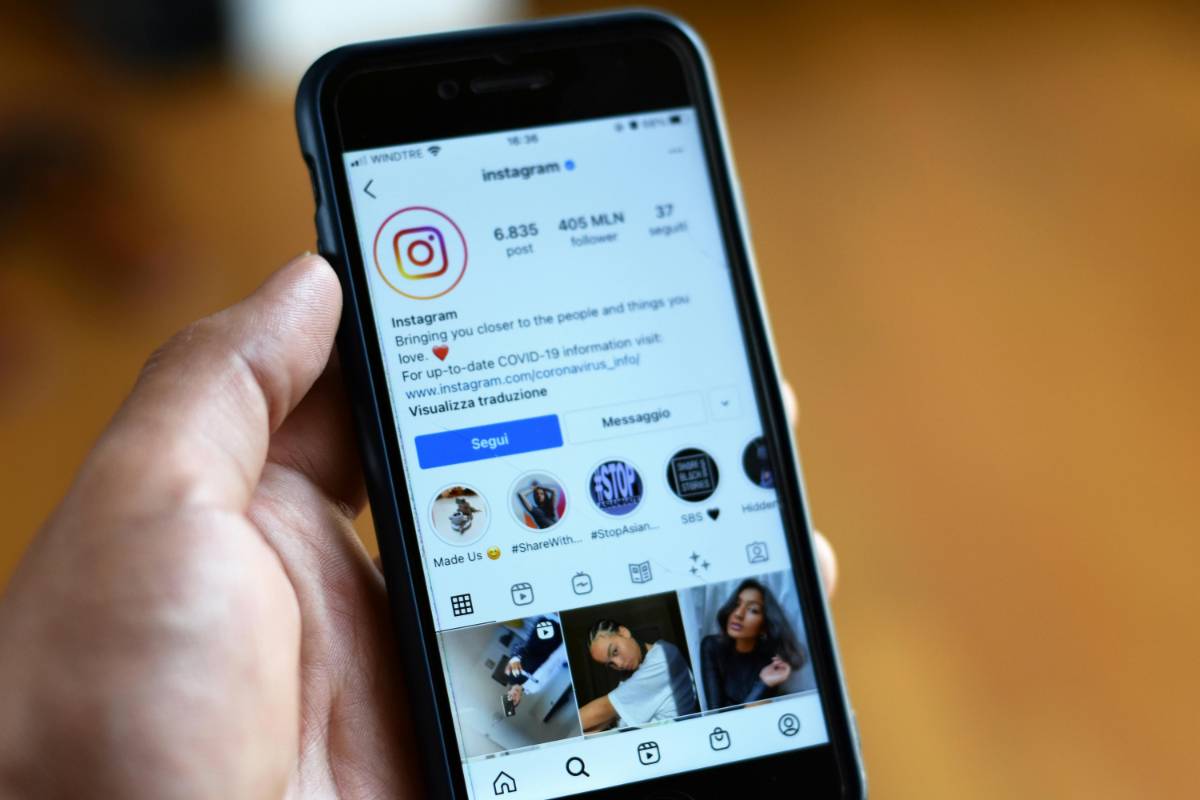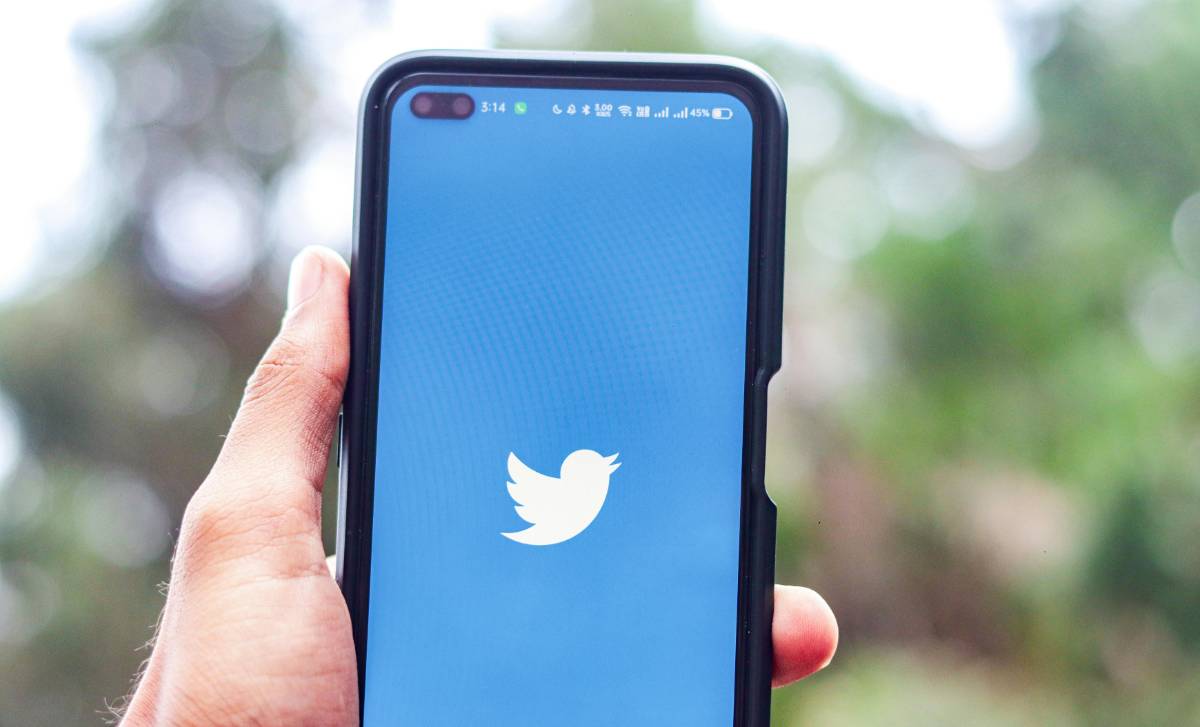5 Times Social Media Got Brands Cancelled—And What They Did Wrong
04 Apr 2025
Read Time: 4 min read

Social media can be a double-edged sword for brands. While it offers opportunities for engagement and growth, it also has the potential to amplify negative feedback and backlash. In this article, we’ll examine five notable instances where brands faced significant cancellation on social media and what went wrong in each case.
1. Pepsi’s Kendall Jenner AdPepsi faced severe backlash for an ad featuring Kendall Jenner, which was criticized for appearing to trivialize social justice movements. The commercial showed Jenner handing a Pepsi to a police officer during a protest, which many perceived as a tone-deaf attempt to capitalize on serious social issues. The backlash was swift, leading Pepsi to pull the ad and issue a public apology. The incident highlighted the risks of using social justice themes in marketing without genuine engagement or understanding.
2. Dove’s “Body Positive” CampaignDove’s attempt to promote body positivity was marred by controversy when an ad showed a sequence of women of different skin tones removing their tops to reveal a lighter-skinned woman underneath. Critics accused Dove of perpetuating racial stereotypes and undermining the body positivity message they intended to promote. The backlash led Dove to pull the ad and issue an apology, but the damage to its reputation was substantial. This case underscores the importance of thoughtful representation in marketing campaigns.
United Airlines faced a major public relations crisis when a video surfaced showing a passenger being forcibly removed from an overbooked flight. The incident sparked outrage and widespread condemnation on social media, leading to calls for a boycott. United Airlines' initial response was seen as inadequate, and it took significant efforts to address the situation and restore the brand's image. This case highlights the need for sensitive handling of customer service issues and effective crisis management.
💡 Discover More from Social-Media
H&M faced backlash after posting an image of a young Black boy wearing a hoodie with the slogan “Coolest Monkey in the Jungle.” The image was criticized for being racially insensitive and perpetuating stereotypes. The backlash led to protests and calls for a boycott, forcing H&M to pull the product and issue an apology. The incident serves as a reminder of the importance of cultural sensitivity in product design and marketing.
5. Gucci’s Blackface SweaterGucci was criticized for selling a sweater that resembled blackface, with a design featuring a high-necked garment with a cutout that could be interpreted as white lips on a dark background. The backlash on social media was swift and severe, leading to calls for a boycott and demands for accountability. Gucci responded by pulling the sweater and implementing measures to address diversity and inclusion within the company. This case illustrates the need for careful scrutiny of designs and cultural implications.
ConclusionThese instances demonstrate how brands can face significant backlash on social media due to insensitive or poorly executed campaigns. Addressing these issues involves understanding the cultural and social context, responding promptly and transparently to criticism, and implementing measures to prevent future missteps. By learning from these examples, brands can navigate social media more effectively and avoid potential pitfalls.
Stay Informed
Get the latest and most accurate news delivered straight to your inbox. Subscribe now and never miss an update.

Emily Brooks
An insightful voice in the industry, crafting content that informs, inspires, and connects with readers.
View all articles →
















